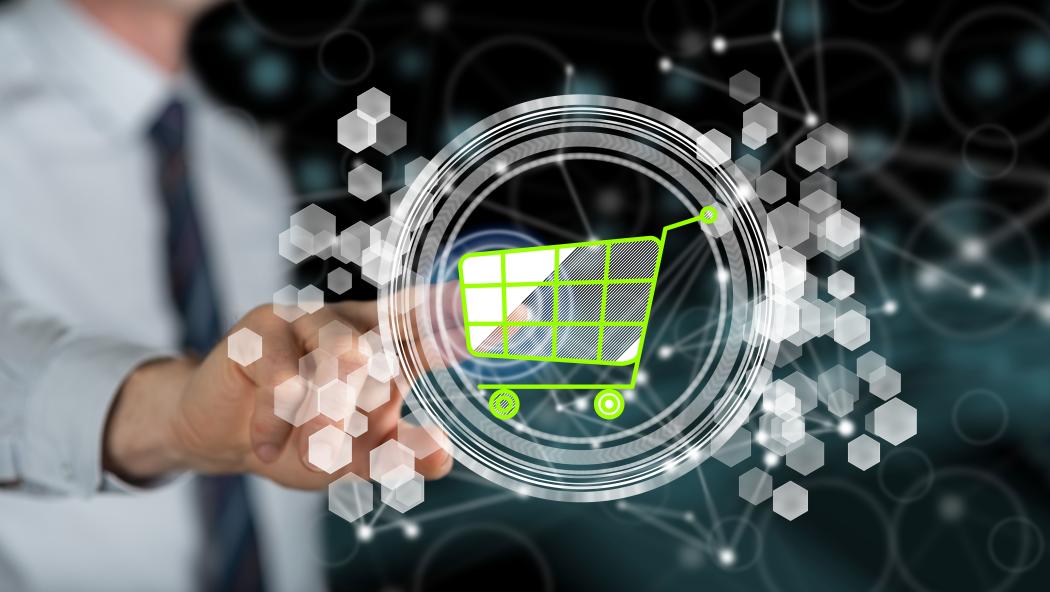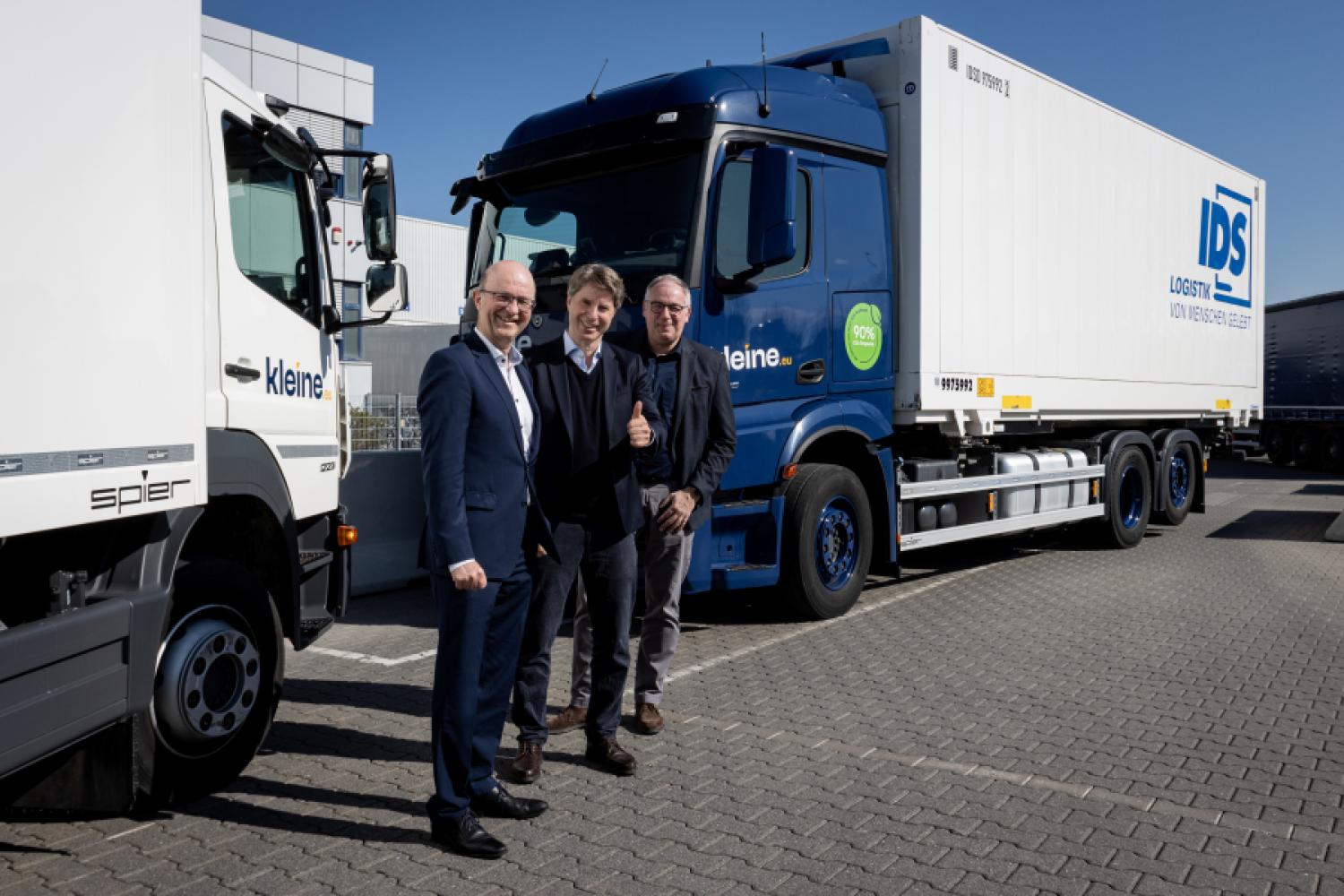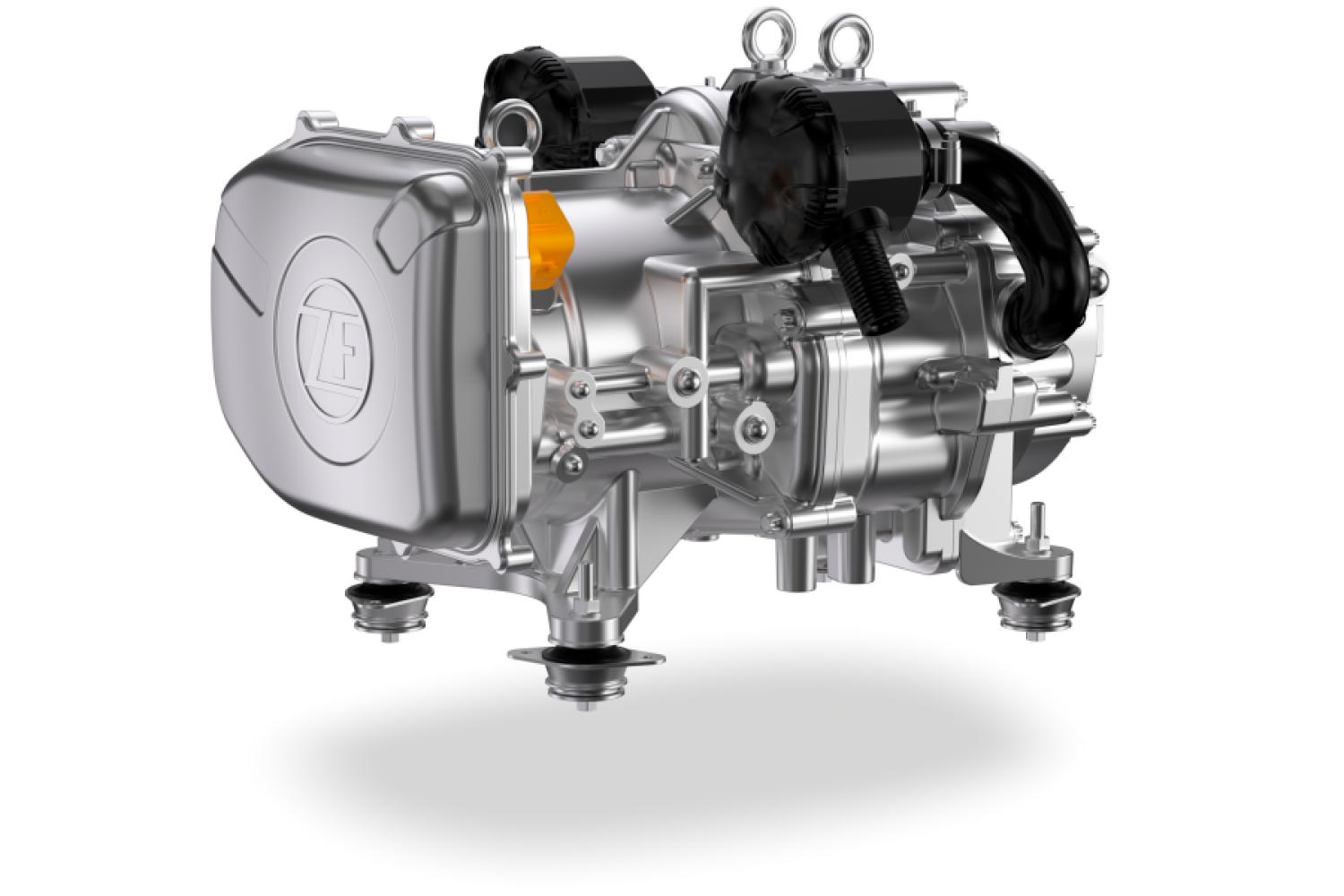Online retail has become the driving force for the transformation from a linear economy to a circular economy. This is shown by the study "Relevance and Perspectives of Re-Commerce for German Trade" by the German E-Commerce and Distance Selling Trade Association (bevh) in collaboration with the Institute for Trade and International Marketing at the University of Saarland and the Ibi Research Institute at the University of Regensburg. The study surveys online retail with used and refurbished products as well as vintage items in Germany, highlights the ecological potentials, and provides recommendations for better political framework conditions.
“E-commerce is a central lever for a functioning circular economy and the counter-concept to a throwaway mentality. It shows that cost-conscious shopping can also be sustainable. Politics can significantly contribute to supporting trade on this path. As a trade association, we want to show with this study how it becomes feasible,” explains Daniela Bleimaier, Head of Public Affairs Germany and Regions and responsible for sustainability issues at bevh.
Through re-commerce, consumers gain access to well-preserved goods at affordable prices. Particularly in competitive price segments, it is therefore a sustainable alternative in global competition. The retailers, in turn, can retain customers and simultaneously support purchasing or procurement in times of strained supply chains through local sourcing, Bleimaier added.
Even traditional online shops rely on vintage
Besides the P2P platforms, more traditional online shops have developed a section for used items from their customers or vintage products over recent years. This represents an extension of the previously mostly privately served market. As a result, online retail has become an important industry where items are systematically refurbished and reintroduced into the market, including warranty and repair options. In 2024, the total revenue of German re-commerce was 9.9 billion euros, which is 7.2 percent more than the year before. The market volume of the European re-commerce sector in the fiscal year 2022/2023 is estimated at 94 billion euros (Eurostat). An increase to 120 billion euros is
expected in the current year.
More sustainable products at lower prices have enormous market potential, as a representative survey of 1,903 consumers shows: 55 percent of respondents stated that they had purchased used products online in the past year. In contrast, 52 percent of consumers sell used goods themselves—mostly fashion, books, and electronics. Especially younger, higher-educated, and higher-income groups buy more frequently via re-commerce platforms.
Sustainability is not the primary drive
When asked about the motivation to buy used goods, 71.5 percent cited the desire for greater ecological sustainability. However, equally important were the lower prices and better value-for-money ratio in re-commerce (71.2 percent and 66 percent approval, respectively). More than half (54.5 percent) of respondents stated that they could afford more after purchasing used goods. The majority (54.7 percent) use the savings for general living expenses. 35.8 percent use the free money to buy more used goods, and 34.4 percent prefer to save the money.
The likelihood that they will buy used products
online again in the next twelve months is "high" for 76.6 percent of the respondents. Additionally, 53 percent say they will buy even more used products online in the future than they already do. However, it is noticeable that sustainability as a motive for future purchases becomes less important: For the intention to continue buying used products, the price-performance ratio, increased consumption opportunities, and fun are initially decisive, while the perceived importance of sustainability is somewhat lower.
Opportunities, but also hurdles
Re-commerce is seen by companies as a strategically important complement to their traditional business. The motivation ranges from ecological conviction to economic opportunities, customer retention, and innovation orientation. On the other hand, there are particularly legal & regulatory hurdles: Companies mention, among others, unclear warranty and return rights for used goods, tax hurdles, for example in differential taxation and resale, lack of product data (such as authenticity proof in luxury goods), and unclear responsibilities of platforms (such as transparency, labeling, and liability obligations).






